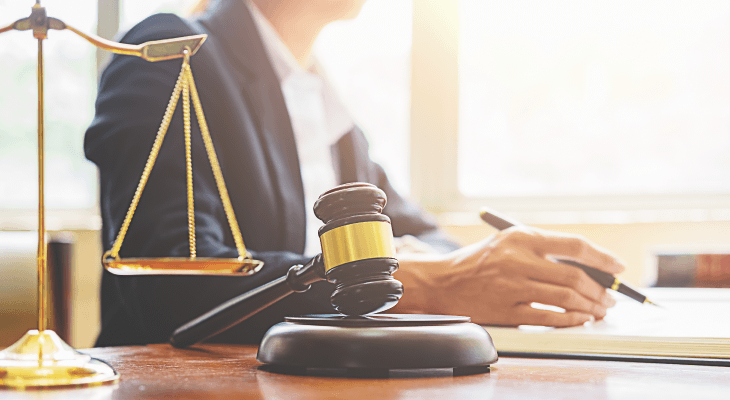Tweeting Justice – How Influencer Lawyers Are Redefining Legal Advocacy
In today’s digital age, social media has become a powerful tool for communication, advocacy, and activism. Among those leveraging its influence are a growing number of lawyers who are not only using platforms like Twitter, Instagram, and LinkedIn to engage with their audience but are also redefining the traditional notions of legal advocacy. These influencer lawyers are pioneering new ways to connect with clients, educate the public, and effect change within the legal system. One of the key aspects of influencer lawyers’ approach is their ability to humanize the legal profession. Through personal anecdotes, behind-the-scenes glimpses into their work, and relatable content, they demystify the law and make it more accessible to the general public. By sharing their own experiences and struggles, they foster empathy and understanding, breaking down the barriers between lawyers and their clients. Moreover, influencer lawyers are adept at using social media to raise awareness about important legal issues and spark conversations about justice and equity.

By amplifying marginalized voices and shedding light on underreported stories, they play a crucial role in driving social change and advocating for those who lack access to traditional legal resources. In addition to their educational efforts, Bitman Influencer Lawyers are also using social media as a platform for advocacy and activism. From organizing online campaigns to mobilizing support for legislative reform, they harness the collective power of their followers to effect tangible change. By rallying behind causes such as criminal justice reform, immigration rights, and they demonstrate the transformative potential of online activism and the role that lawyers can play in advancing social justice. However, the rise of influencer lawyers also raises important ethical considerations. As they blur the lines between personal branding and professional conduct, questions arise about conflicts of interest, confidentiality, and the duty to the court. While social media offers unprecedented opportunities for lawyers to connect with clients and expand their reach, it also presents new challenges in terms of maintaining professionalism and upholding ethical standards.
Furthermore, the influence of social media can also have unintended consequences, such as the spread of misinformation and the perpetuation of harmful stereotypes. Influencer lawyers must be mindful of the impact of their words and actions online and strive to use their platforms responsibly. By adhering to the principles of integrity, transparency, and accountability, they can mitigate the risks associated with online advocacy and ensure that their efforts contribute positively to the legal profession. Influencer lawyers are redefining legal advocacy in the digital age by harnessing the power of social media to connect with clients, educate the public, and effect change. Through their engaging content, grassroots activism, and commitment to social justice, they are shaping the future of the legal profession and challenging traditional norms and practices. However, as they navigate the complexities of online advocacy, they must remain vigilant in upholding ethical standards and promoting responsible use of social media. Only by striking the right balance between advocacy and professionalism can influencer lawyers truly fulfill their potential as agents of change in the pursuit of justice.